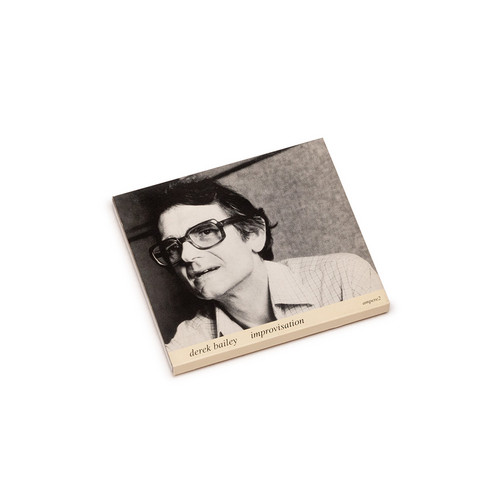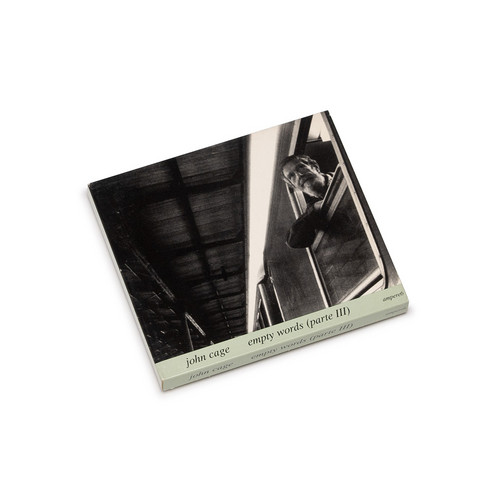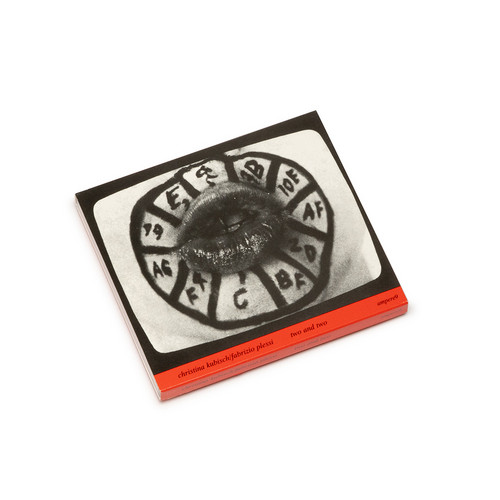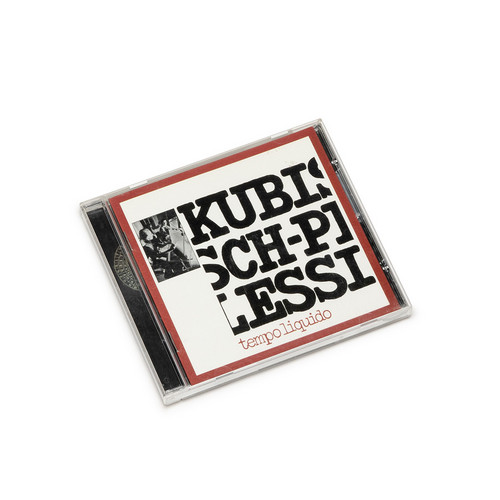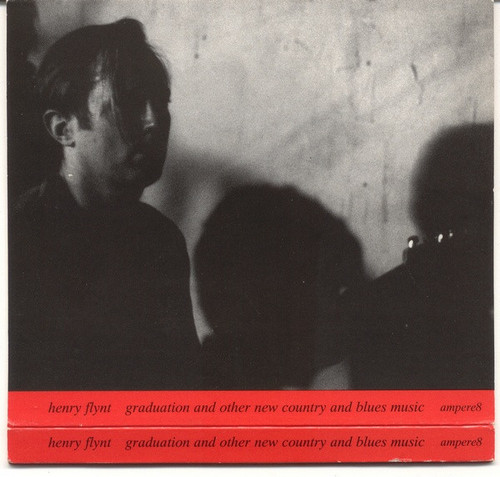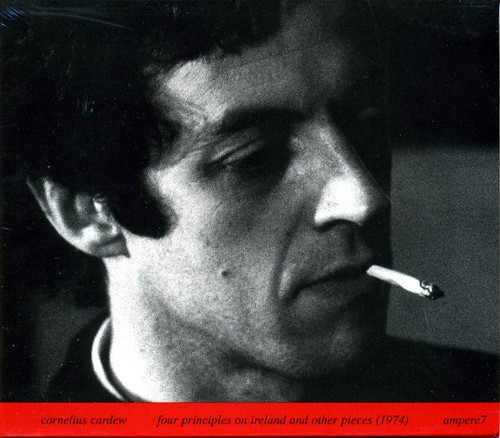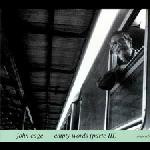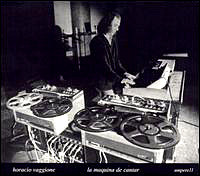★Ampersand
Improvisation (CD)
First CD edition of the 1975 LP on Cramps' DIVerso series with confident and superb guitar improvisations. With original slipcase.
Empty Words - Parte III
Long out of print 2011 double CD set of the legendary live performance in Milano by John Cage in 1977. With slipcase.
Two And Two
"First CD reissue of legendary collaboration between Christina Kubisch and Fabrizio Plessi." "The performance started with a four-channel ambient sound that continued throughout the whole performance. Since I had no sampling possibilities at that time, all of the instruments were recorded solo in my studio on a Revox machine. The recordings -- one channel for each instrument -- were repeated several times in order to create a kind of 'mega-loop' and the final result was transferred to a four-cha…
Tempo Liquido
CD + 16-page booklet. This outstanding album was originally released on LP by Cramps Records (Diverso n.10) back in the late '70s, and it was certainly one of the best from that series "The performance started with a four-channel ambient sound that continued throughout the whole performance. Since I had no sampling possibilities at that time, all of the instruments were recorded solo in my studio on a Revox machine. The recordings -- one channel for each instrument -- were repeated several times…
Graduation
The Fugs were wonderfully twisted, but they also sounded like big-city poets merely flirting with that distant concept called rock 'n' roll. Henry Flynt's artsy music, in contrast, is firmly planted in the American roots music of his childhood. On Graduation, recorded between 1975 and '79, the fiddle player and his group get all jam band. They trade their love for repetition and minimalism for open-ended excursions into rural rock that aren't too far removed from vintage Grateful Dead. Groovy.
Four Principles On Ireland And Other Pieces (1974)
...and Other Pieces" In 1975 when "Four Principles" was released, Cardew was comfortably within his third stylistic phase of musical development. Unlike the groundbreaking experimental activities introduced through his most famous pieces - "Treatise" & "Great Learning" - the music on here marked a repudiation of the musical avant-garde which Cardew himself had championed in England. 13 solo piano pieces represent a pivotal time in his work & can be heard is a return to the music Cardew knew & un…
Empty words (parte III)
John Cage's empty words is something of an epic in reverse: a diminutive vocal exercise divided into four distinct parts that gradually breaks down the writings on sound from Henry David Thoreau's Journal into pure vocalise. Disarticulated, distended and utterly transformed, Cage's recitation utterly abandons all connection to linguistic meaning and becomes pure aesthetic glossolalia. The nearly three hour performance documents Cage reading from the third part of empty words at Teatro Lirico in …
La maquina de cantar
Argentinian born electronic composer Horacio vaggione (known to some for his involvement with the Alea group) threw together this 2 track masterpiece of multilayered sci-fi epic glop in 1978 for the Cramps label's relished Nova Musicha series... Relying solely on an IBM computer, the title track from 1971 retains the massive energy and unrelenting use of texture and sonic layering that have occasionally given him comparisons to the work of Conrad Schnitzler. The closing piece, 'Ending', is a cla…
